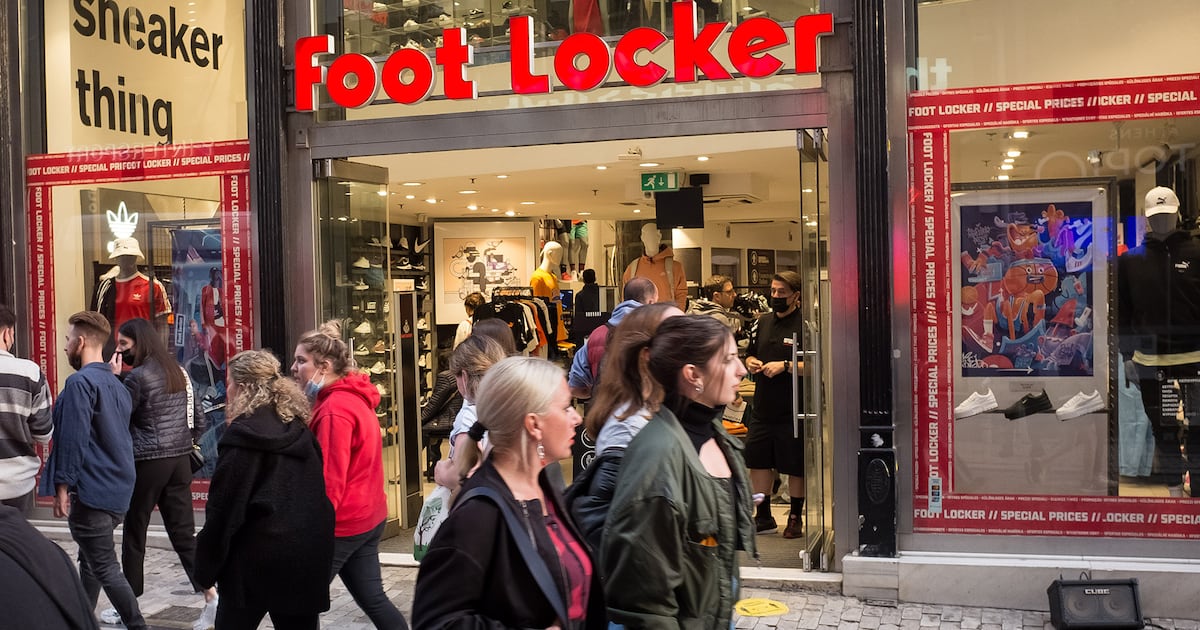
Dickâs Sporting Goods has agreed to buy smaller rival Foot Locker for $2.4 billion, the second major footwear deal this month after the buyout of Skechers, as US retailers look to navigate a tough demand landscape.
The sporting goods retailer has offered $24 per share of Foot Locker, the companies said on Thursday, representing an 86 percent premium to the stockâs last close.
Shares of Foot Locker surged 82 percent to $23.45 in premarket trading, after losing about 40 percent in the year so far. Dickâs Sporting Goods fell 8 percent.
The acquisition, Dickâs largest deal in the sporting goods industry, will help the company boost its presence in malls and expand to international markets for the first time, positioning the retailer to better tackle a slowdown in consumer spending.
Several US retailers have issued gloomy forecasts in recent weeks as the Trump administrationâs hefty tariffs have forced Americans to tighten spending in anticipation of potentially higher prices on everything from household staples to toys and apparel.
Over the last few years, Foot Locker has lost market share to competition from brands such as Nike and Under Armour, which have expanded their direct-to-consumer business, as well as falling customer visits to indoor malls, where most Foot Locker stores are located.
It operates 2,400 retail stores across 20 countries in markets including North America, Europe and Asia, and logged worldwide sales of $8 billion last year.
Dickâs expects to operate Foot Locker as a standalone business unit within its portfolio and maintain the Foot Locker brands, according to the statement.
Last week, Skechers agreed to a $9.42 billion buyout by private equity company 3G, exiting public markets after 26 years as the popular shoe brand grapples with the impact of steep US tariffs.
Dickâs intends to finance the deal, which is expected to close in the second half of 2025, through a combination of cash-on-hand and new debt.
By Savyata Mishra; Editor: Devika Syamnath
Learn more:
Foot Locker Outlook Weighed Down by Discounts, Weak Demand
The retailer forecasted lower-than-expected earnings for the year, citing weaker consumer demand and increased competition for budget-conscious shoppers, sending its stock down over 20 percent this year.

